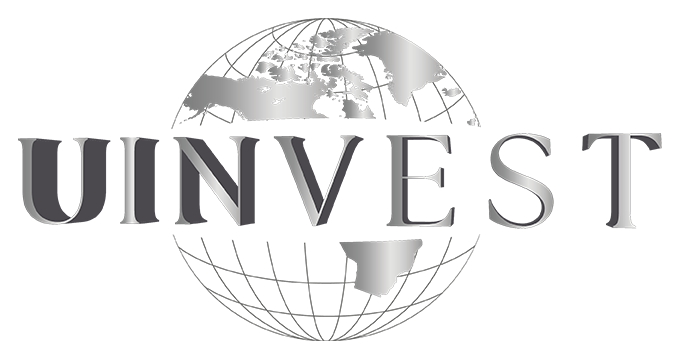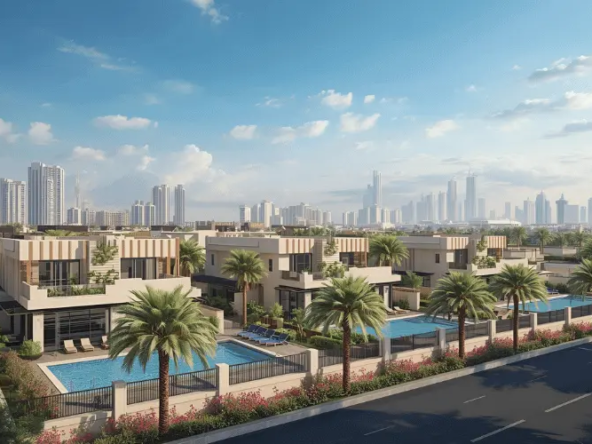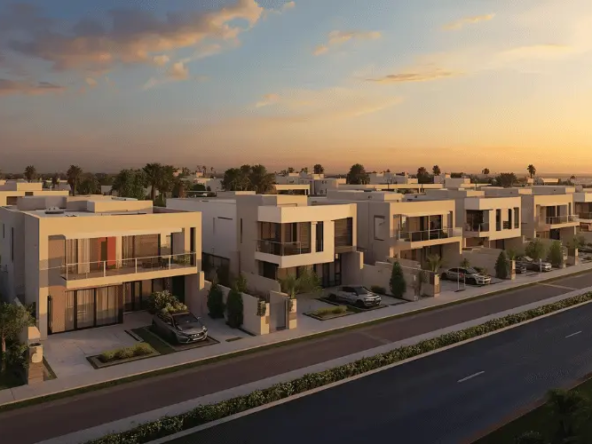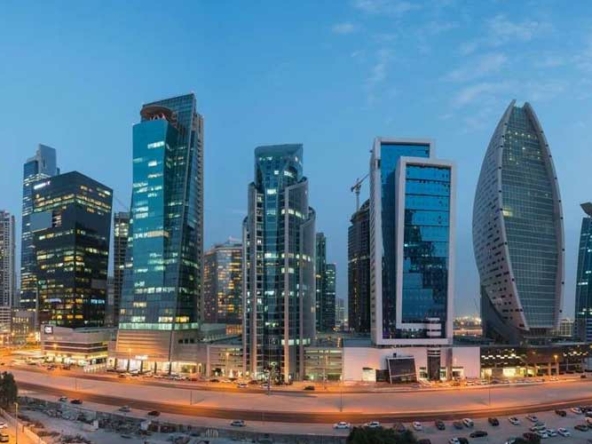Dubai has quickly become one of the world’s most appealing cities for property buyers—especially foreign investors seeking growth, tax-free returns, and a luxury lifestyle. The question often arises: Can foreigners buy apartments in Dubai? Yes, they can—and in this article, we’ll explain exactly how.
Whether you’re an investor, an expat relocating to the UAE, or simply exploring real estate abroad, understanding Dubai’s property laws and market dynamics is essential. With Uinvest Group, an international leader in investment and second citizenship services, buying property in Dubai becomes straightforward, secure, and globally accessible.
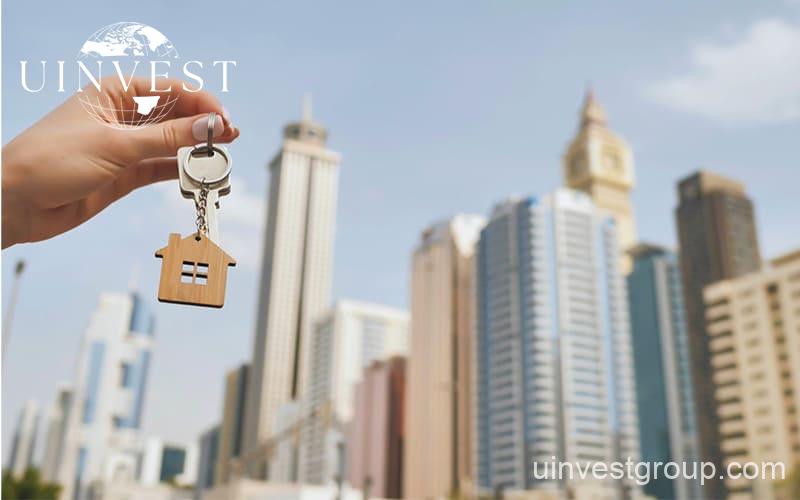
Where Can Foreigners Buy Property in Dubai?
Foreign nationals can purchase real estate in freehold zones—designated areas where full ownership is permitted. These include popular locations such as:
Dubai Marina
Palm Jumeirah
Downtown Dubai (near Burj Khalifa)
Business Bay
Jumeirah Village Circle (JVC)
Dubai Silicon Oasis
Dubai Creek Harbour
International City
Sports City
Dubai Investment Park
These areas offer a mix of luxury apartments, affordable flats, studio apartments, and ready-to-move-in properties—ideal for both investors and end-users.
For a curated selection of the best property listing in Dubai, Uinvest Group offers a regularly updated portfolio featuring ready-to-move-in apartments, properties on installment, and exclusive projects from leading UAE developers.
Average prices and characteristics of these areas vary significantly: For example, Dubai Marina and Palm Jumeirah are known for luxury waterfront properties with prices ranging from approximately AED 1,200 to AED 2,500 per square foot, attracting high-net-worth buyers and expats.
Downtown Dubai features upscale apartments with proximity to landmarks like Burj Khalifa, with prices typically between AED 1,500 and AED 3,000 per square foot. On the other hand, areas like Jumeirah Village Circle and Dubai Silicon Oasis offer more affordable options, ideal for first-time buyers or investors looking for rental yield, with prices generally between AED 700 to AED 1,200 per square foot. Additionally, Dubai Investment Park offers a mix of residential, commercial, and industrial properties, making it an attractive option for investors looking for diverse investment opportunities.
These distinctions help buyers choose a location matching their budget, lifestyle, and investment goals.
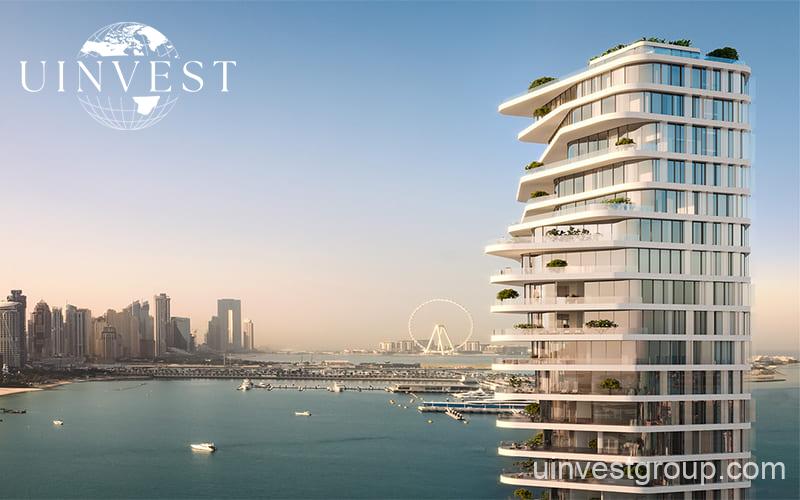
What Types of Apartments Can You Buy in Dubai?
From budget-friendly studios to ultra-luxury penthouses in Dubai’s most iconic towers, the city’s real estate market caters to first-time buyers, seasoned investors, and luxury home seekers alike. While prices vary depending on location, size, and amenities, Dubai offers real opportunities for buyers across the spectrum.
For budget-conscious buyers, there are cheapest apartments for sale in Dubai, particularly in areas like International City, where prices start from around AED 150,000 for a studio apartment. In more central areas like JVC or Dubai Silicon Oasis, prices start from around AED 300,000 to AED 400,000 for one-bedroom apartments.
Foreign nationals are legally allowed to purchase a wide variety of apartments in designated freehold zones—whether for personal use, rental income, or long-term investment. Options include:
- Furnished apartments
- Studio apartments in Dubai Marina, JVC, or Business Bay
- One-bedroom flats in areas like Arjan or Downtown Dubai
- Luxury apartments with Burj Khalifa or sea views
- Affordable and pre-owned apartments
- Unfurnished units
- Apartments available with flexible installment plans
- Residences in premium locations such as City Walk or Palm Jumeirah
From budget-friendly studios to high-end penthouses and beachfront villas, Dubai’s real estate market has options for every lifestyle and financial goal.
For luxury buyers, Uinvest can help secure exclusive properties in Burj Khalifa, City Walk, or Palm Jumeirah villas.
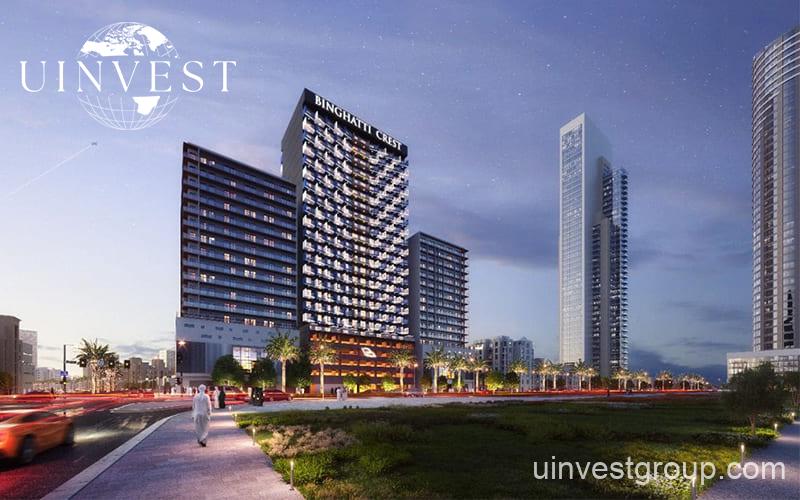
Is It a Good Time to Buy Property in Dubai?
The current market trends suggest that 2025 is a favorable year to invest in Dubai real estate. With flexible payment plans, installment options, and a consistent demand for rental properties, Dubai continues to offer lucrative returns.
According to recent data from the Dubai Land Department, property prices have seen a steady growth of approximately 5-8% annually over the past three years. Analysts forecast continued growth driven by population increase, infrastructure projects, and Dubai’s expanding global business presence.
Additionally, with Expo 2020’s positive long-term economic impact still unfolding, demand for both residential and rental properties remains high.
You can even find property for sale in Dubai with no down payment or buy an apartment in Dubai directly from the owner, minimizing costs.
However, potential buyers should also consider market cycles and consult with experts to ensure timing aligns with their investment strategy.
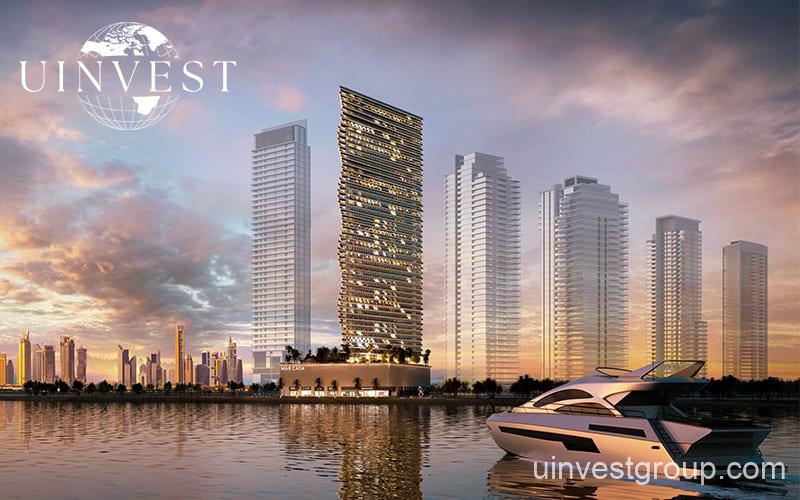
Ownership Rights for Foreigners: Freehold vs Leasehold
When buying property, it’s important to understand the type of ownership you will get, especially as a foreigner. In Dubai and many other places, ownership rights are usually classified into two main types: Freehold and Leasehold.
Freehold Ownership
- What is it?
Freehold means you have full ownership of the property and the land it stands on. This means you own the building or apartment outright, as well as the plot of land beneath it. - Duration:
Freehold ownership is permanent and does not expire. Once you buy a freehold property, it’s yours indefinitely, and you can sell it, rent it, or pass it on as inheritance. - For foreigners:
In Dubai, foreigners are allowed to buy freehold properties—but only in specific designated areas known as “freehold zones.” Examples include Dubai Marina, Downtown Dubai, Palm Jumeirah, and others. - Benefits:
Owning freehold property gives you the most control and security since you own the asset fully. It’s often preferred by investors and those who want permanent residency options.
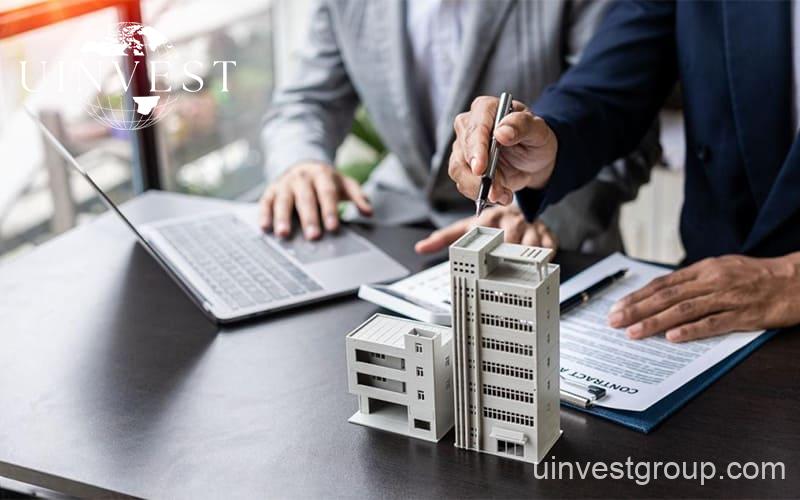
Leasehold Ownership
- What is it?
Leasehold ownership means you have the right to use and occupy the property for a fixed period, which can range from 10 to 99 years depending on the lease agreement. However, you do not own the land on which the property is built. - Duration:
The leasehold period is limited and after it expires, the ownership rights usually revert back to the landowner, unless the lease is renewed. - For foreigners:
Foreign buyers can often buy leasehold properties outside freehold zones or in other countries where freehold ownership is restricted. In Dubai, leasehold options are less common but may exist in some developments. - Benefits and limitations:
Leasehold properties tend to be cheaper upfront, but you have less control and ownership security. The value may depreciate as the lease period shortens, and your rights are limited compared to freehold ownership.
| Aspect | Freehold Ownership | Leasehold Ownership |
| Ownership | Full ownership of property and land | Right to use property for a fixed period only |
| Duration | Permanent, no expiration | Limited (usually 10-99 years) |
| Ownership Rights | Sell, rent, modify, inherit freely | Limited by lease terms and duration |
| Availability | Available to foreigners in designated areas | May apply outside freehold zones or other countries |
| Security | High – you fully own the asset | Lower – ownership rights expire with lease |
Understanding these differences is crucial before investing in Dubai’s property market. Most foreign buyers prefer freehold ownership due to the greater security and flexibility it provides.
Financing Options and Payment Plans for Foreign Buyers in Dubai
Dubai has established itself as one of the most attractive real estate markets globally, welcoming foreign investors with a variety of financing options. Understanding these financial mechanisms is crucial for prospective buyers looking to purchase property in this dynamic city.
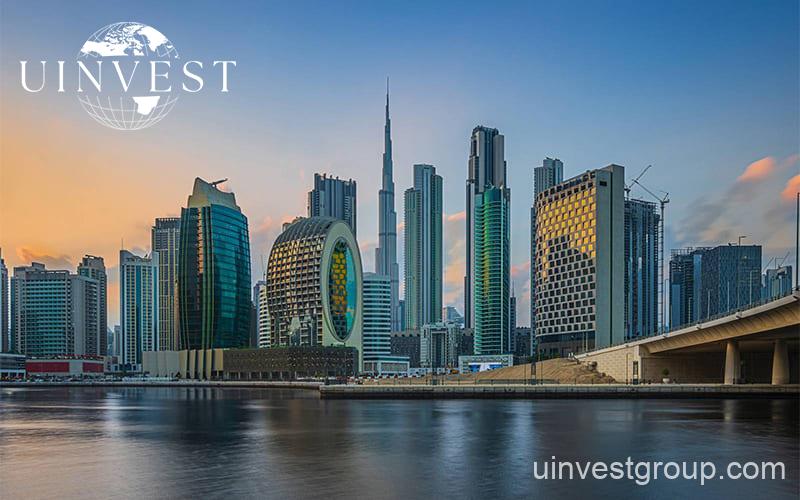
Mortgage Availability for Foreigners
- Foreign nationals are eligible to apply for mortgages from banks operating in Dubai. However, obtaining a mortgage as a non-resident comes with specific requirements and conditions. Most banks require a minimum down payment of 20% to 25% of the property’s purchase price for expatriates or foreign investors. This upfront payment demonstrates the buyer’s commitment and reduces the lender’s risk.
- According to the Dubai Land Department and reports from leading financial institutions such as Emirates NBD and Dubai Islamic Bank, foreign buyers must also meet additional criteria, including proof of income, creditworthiness, and a stable financial background. The mortgage terms typically range from 15 to 25 years, with competitive interest rates compared to global standards.
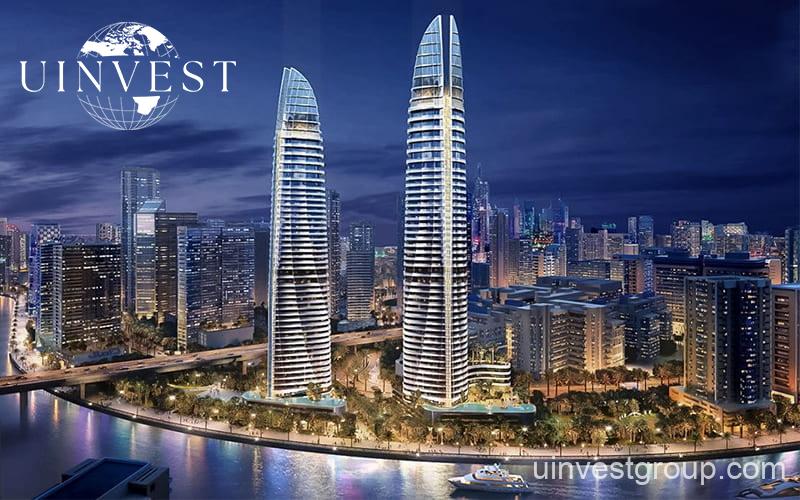
Developer Payment Plans
- Apart from traditional bank financing, many property developers in Dubai offer installment-based payment plans, which provide buyers with flexible options to pay for their property over time. These plans are especially common for off-plan properties—those still under construction—and sometimes for ready-to-move-in apartments.
- Installment plans usually spread payments over the construction period or a fixed timeline agreed upon in the sales contract. This allows buyers to avoid large upfront payments and manage cash flow more effectively. For example, a buyer might pay 10% at the time of booking, followed by staged payments linked to construction milestones, and the remaining balance upon handover.
Benefits and Considerations
- Accessibility: Mortgages and developer plans make property ownership accessible to a broader range of investors, including those without full liquidity.
- Flexibility: Installment plans from developers can be tailored to suit the buyer’s financial situation, reducing pressure on immediate funds.
- Security: Dubai’s legal framework ensures that buyers’ interests are protected, with escrow accounts and regulatory oversight for off-plan projects.
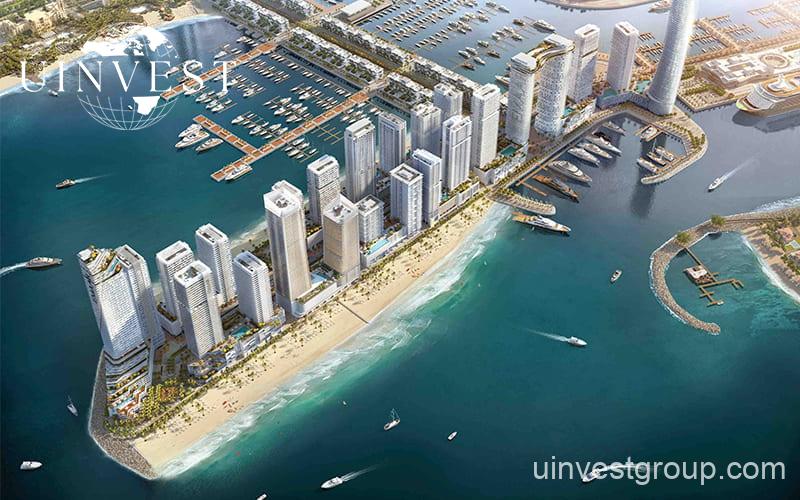
Risks and Considerations When Buying Property in Dubai
While Dubai offers many attractive opportunities, buyers should also be aware of potential risks:
- Market fluctuations can impact property values, especially in the short term. It’s important to consider the investment horizon carefully.
- Changes in government regulations or policies might affect ownership rights, residency options, or taxes in the future.
- Off-plan projects carry construction and delivery risks; buyers should verify developer credibility and contractual protections.
- Rental income depends on market demand and occupancy rates, which can vary over time.
Understanding these risks helps buyers make informed decisions and prepare for possible challenges.
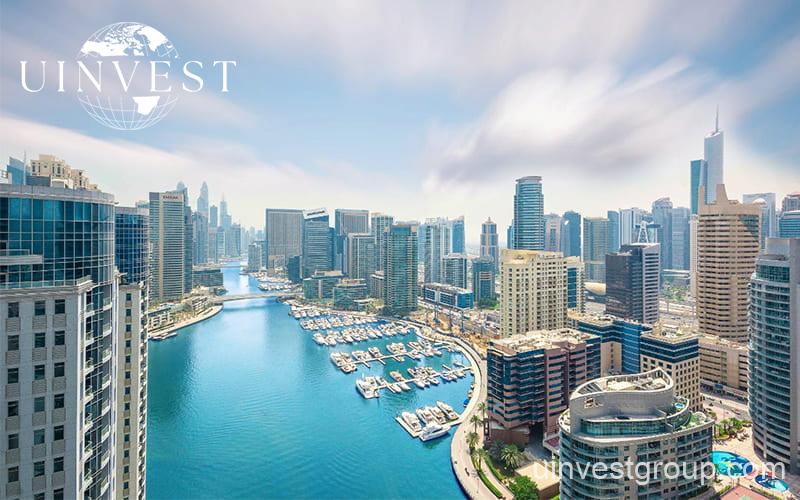
Financing Options for Property Purchase in Dubai
Dubai offers a range of financing options that make property ownership accessible for foreign investors. Local banks provide mortgage loans requiring a 20-25% down payment, offering competitive terms for buyers. Alternatively, developers offer flexible installment plans, allowing buyers to spread payments over time without relying on bank loans.
These options, combined with Dubai’s investor-friendly regulations, streamline the purchasing process for foreigners, ensuring a secure and straightforward experience.
Find Your Dream Property with Uinvest Group
Dubai’s real estate market is a global hotspot, thanks to its tax-free environment, rapid economic growth, and diverse property offerings. From affordable apartments in areas like JVC to luxurious residences in Downtown Dubai, Dubai Marina, and Palm Jumeirah, there’s something for every budget and lifestyle. Whether you aim to invest, reside, or rent out, Dubai’s modern infrastructure, ready-to-move-in furnished apartments, and flexible payment plans make it an ideal destination.
Now is the perfect time to act! Connect with the Uinvest Group for personalized guidance and exclusive property listings to secure your investment in one of the world’s most dynamic real estate markets.
You might also find these articles helpful:
FAQ About Buying Property in Dubai as a Foreigner
-
Can foreigners buy property in Dubai?
Yes, foreigners—including Iranians—can buy property in designated freehold areas in Dubai with full ownership rights. -
Can Iranians legally purchase apartments in Dubai?
Yes, Iranian nationals are allowed to buy real estate in Dubai’s freehold zones, though it’s recommended to work through trusted agencies due to international banking regulations. -
What are freehold zones, and where can foreigners buy property in Dubai?
Freehold zones are areas where foreigners can own property outright. Examples include Dubai Marina, Palm Jumeirah, Downtown Dubai, Business Bay, and JVC. -
What is the minimum investment required to buy an apartment in Dubai?
You can find studio apartments starting from approximately AED 150,000 in areas like International City. -
Is it possible to get residency in Dubai by buying property?
Yes. Buying property worth AED 750,000 or more may qualify you for a 2- or 10-year residency visa, depending on the value and conditions. -
What documents do I need to buy property in Dubai as a foreigner?
Generally, you need a valid passport, proof of funds, and in some cases, a UAE entry visa. If applying for a mortgage, additional financial documents will be required. -
Can foreigners get a mortgage in Dubai?
Yes, non-residents and expats can apply for a mortgage, typically with a minimum 20-25% down payment and proof of stable income. -
Are there any restrictions for Iranians in buying property or getting financing?
While buying property is allowed, some banks may have restrictions on financing based on international sanctions. It’s important to consult a legal expert or agency. -
Can I buy a property in Dubai remotely, without visiting?
Yes. Many international buyers purchase properties remotely through power of attorney, video tours, and secure online transactions. -
Is it better to buy an off-plan or ready-to-move-in apartment?
Off-plan properties offer flexible payment plans and lower entry costs, but ready units offer immediate rental income and possession. It depends on your goals. -
What types of apartments are available for foreign buyers in Dubai?
Options include studios, 1- to 4-bedroom flats, furnished and unfurnished units, penthouses, and apartments with sea or Burj Khalifa views. -
Do foreigners fully own the property, or is it leasehold?
Foreigners can fully own freehold properties in designated zones. Leasehold options also exist but come with limited rights and fixed-term usage. -
How much rental income can I earn from my property in Dubai?
Rental yields in Dubai range between 5–8% annually, depending on location, property type, and occupancy rates. -
What are the risks of buying property in Dubai as a foreigner?
Risks include market fluctuations, construction delays (in off-plan), and legal complexities if not handled through trusted agents. -
Are there taxes on owning property in Dubai?
Dubai has no annual property tax. However, you will pay a one-time 4% property registration fee and service charges depending on the building. -
How can Uinvest Group help?
They offer expert guidance, legal support, and exclusive listings. -
Where can I find property listings in Dubai?
Via Uinvest Group’s curated portfolio of top Dubai properties.
